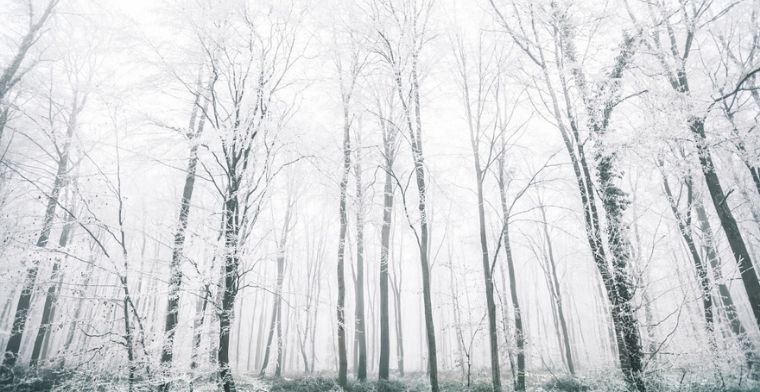By: Sheridan Voysey
I came across a helpful word recently: wintering. Author Katherine May uses it to describe those moments when life turns cold through crisis or loss and we find ourselves living at a different, slower pace to everyone else.
As winter is a time of retreat and hibernation for much of the natural world, wintering is the process by which our bodies and souls seek rest and recuperation when the clouds descend and light fades.
After losing my father in September, I’ve found myself in this wintery slowed-down world. It’s not like I’m in the depths of grief still (although I miss dad greatly and find him often visiting my dreams). It’s just that I’ve been operating on half power, with little energy for people or projects, social gatherings like church sapping me and my work taking longer to complete.
Can you relate?
Fighting Winter

This is a new experience for me, and I’ve been keen to get back to the life and energy of summer – internally fighting winter, if you will. But as Katherine May notes, this is an attitude foreign to the rest of the created order:
“Plants and animals don’t fight the winter; they don’t pretend it’s not happening and attempt to carry on living the same lives they lived in the summer. They prepare. They adapt. They perform extraordinary acts of metamorphosis to get them through. Wintering is a time of withdrawing from the world, maximizing scant resources, carrying out acts of brutal efficiency and vanishing from sight; but that’s where the transformation occurs. Winter is not the death of the life cycle, but its crucible.
“It’s a time for reflection and recuperation, for slow replenishment, for putting your house in order. Doing these deeply unfashionable things — slowing down, letting your spare time expand, getting enough sleep, resting — is a radical act now, but it’s essential.”
Slowly, Slowly

The Book of Ecclesiastes famously talks about there being a ‘season’ for everything—that there’s a time to plant and a time to harvest; a time to demolish and to rebuild; to mourn and dance, to cry and laugh. I’ve read these words for years but are perhaps only now starting to understand them. Not only does this approach to life suggest each season is finite, the next one surely on its way, but that God has something significant to do in us through each of them. In God’s hands seasons are purposeful things. Remember that, Sheridan.
In her fine book Walking Through Winter, Katherine Gantlett offers another metaphor for wintering via her experience climbing Kilimanjaro. As cold and testing as the trek was, it wasn’t the walking itself that she found most difficult, but getting used to the altitude. For this reason, instead of taking a three day route to reach the summit, Katherine and her husband chose a five day route to help their bodies gradually acclimatise to the reduced oxygen levels.
“In addition to our choice of route,” Katherine writes, “our guides made us walk much more slowly than we would otherwise have chosen to. Their favourite phrase was pole, pole, which means ‘slowly, slowly’ in Swahili. Those who rush to reach the summit are more often the ones who fail to make it because they don’t give their bodies time to adjust to the altitude.”
Article supplied with thanks to Sheridan Voysey.
About the Author: About the Author: Sheridan Voysey is an author and broadcaster on faith and spirituality. His latest book is called Reflect with Sheridan. Download his FREE inspirational printable The Creed here.
Feature image: by Freestocks, Unsplash
